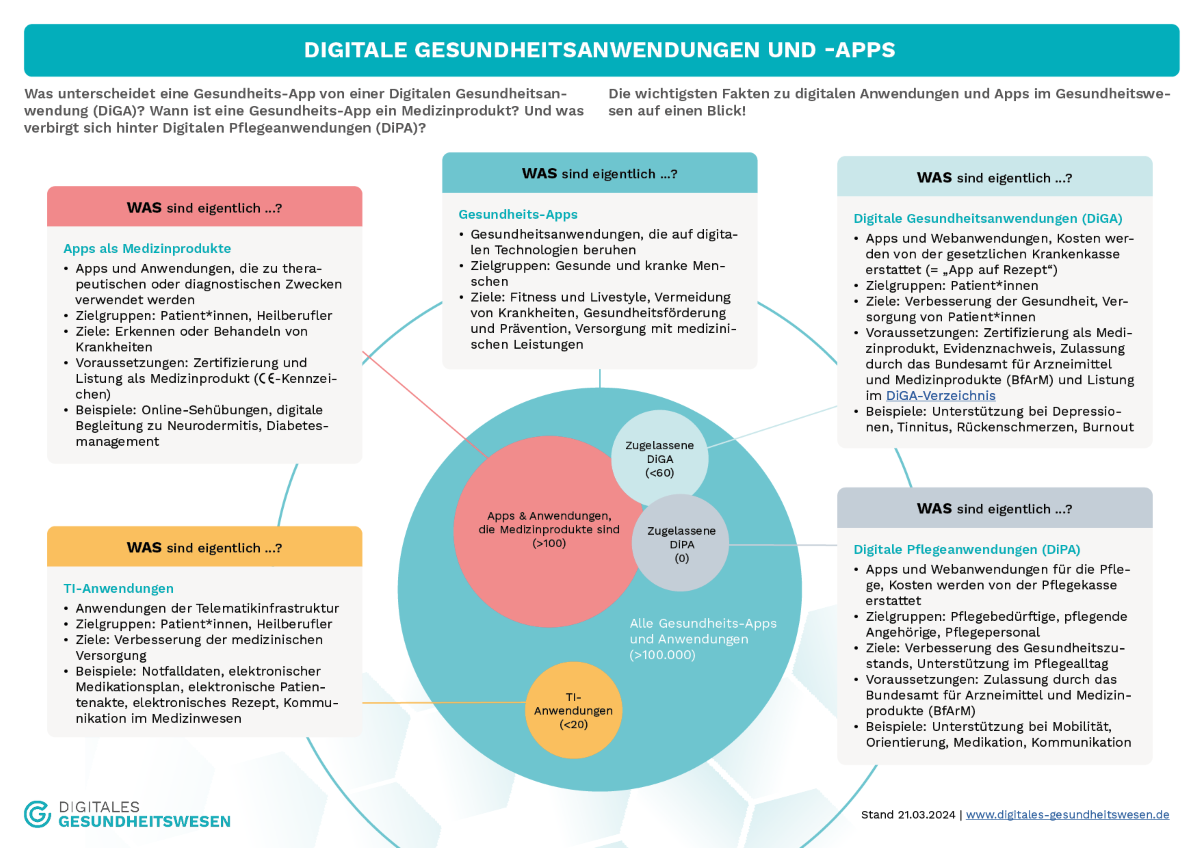CVE-2024-57930 - Linux Kernel Array Dereference Vulnerability in Tracing
CVE ID : CVE-2024-57930 Published : Jan. 21, 2025, 12:15 p.m. | 29 minutes ago Description : In the Linux kernel, the following vulnerability has been resolved: tracing: Have process_string() also allow arrays In order to catch a common bug where a TRACE_EVENT() TP_fast_assign() assigns an address of an allocated string to the ring buffer and then references it in TP_printk(), which can be executed hours later when the string is free, the function test_event_printk() runs on all events as they are registered to make sure there's no unwanted dereferencing. It calls process_string() to handle cases in TP_printk() format that has "%s". It returns whether or not the string is safe. But it can have some false positives. For instance, xe_bo_move() has: TP_printk("move_lacks_source:%s, migrate object %p [size %zu] from %s to %s device_id:%s", __entry->move_lacks_source ? "yes" : "no", __entry->bo, __entry->size, xe_mem_type_to_name[__entry->old_placement], xe_mem_type_to_name[__entry->new_placement], __get_str(device_id)) Where the "%s" references into xe_mem_type_to_name[]. This is an array of pointers that should be safe for the event to access. Instead of flagging this as a bad reference, if a reference points to an array, where the record field is the index, consider it safe. Severity: 0.0 | NA Visit the link for more details, such as CVSS details, affected products, timeline, and more...

Published : Jan. 21, 2025, 12:15 p.m. | 29 minutes ago
Description : In the Linux kernel, the following vulnerability has been resolved: tracing: Have process_string() also allow arrays In order to catch a common bug where a TRACE_EVENT() TP_fast_assign() assigns an address of an allocated string to the ring buffer and then references it in TP_printk(), which can be executed hours later when the string is free, the function test_event_printk() runs on all events as they are registered to make sure there's no unwanted dereferencing. It calls process_string() to handle cases in TP_printk() format that has "%s". It returns whether or not the string is safe. But it can have some false positives. For instance, xe_bo_move() has: TP_printk("move_lacks_source:%s, migrate object %p [size %zu] from %s to %s device_id:%s", __entry->move_lacks_source ? "yes" : "no", __entry->bo, __entry->size, xe_mem_type_to_name[__entry->old_placement], xe_mem_type_to_name[__entry->new_placement], __get_str(device_id)) Where the "%s" references into xe_mem_type_to_name[]. This is an array of pointers that should be safe for the event to access. Instead of flagging this as a bad reference, if a reference points to an array, where the record field is the index, consider it safe.
Severity: 0.0 | NA
Visit the link for more details, such as CVSS details, affected products, timeline, and more...










































































